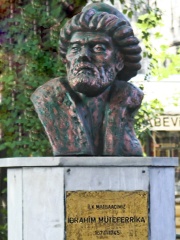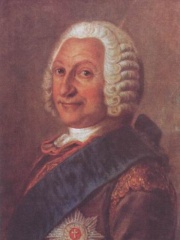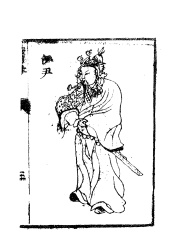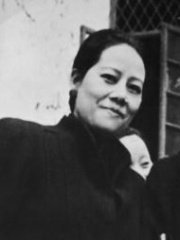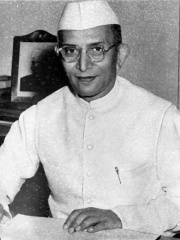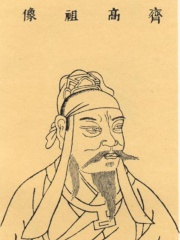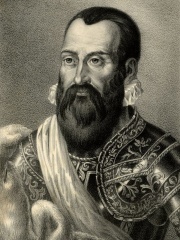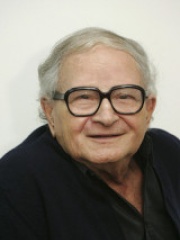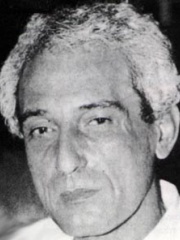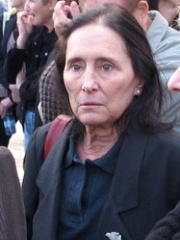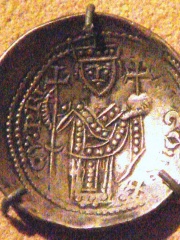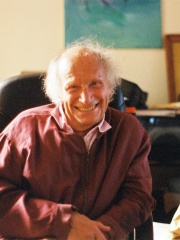Politician
Ibzan
EN.WIKIPEDIA PAGE VIEWS (PV)
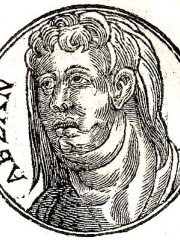
 Ibzan
Ibzan
His biography is available in 23 different languages on Wikipedia. Ibzan is the 7,981st most popular politician (down from 7,204th in 2024), the 167th most popular biography from Israel (up from 174th in 2019) and the 69th most popular Israeli Politician.
Memorability Metrics
Page views of Ibzan by language
Among Politicians
Among politicians, Ibzan ranks 7,981 out of 19,576. Before him are Ibrahim Muteferrika, Mirko Cvetković, Adolphus Frederick III, Duke of Mecklenburg-Strelitz, Yi Yin, Heinrich von Brentano, and Surayud Chulanont. After him are Soong Ai-ling, Ii Naomasa, Morarji Desai, Emperor Gao of Southern Qi, Mikołaj "the Black" Radziwiłł, and Louis Riel.
Most Popular Politicians in Wikipedia
Go to all RankingsIbrahim Muteferrika
1674 - 1745
HPI: 63.21
Rank: 7,978
Mirko Cvetković
1950 - Present
HPI: 63.21
Rank: 7,979
Adolphus Frederick III, Duke of Mecklenburg-Strelitz
1686 - 1752
HPI: 63.21
Rank: 7,980
Yi Yin
1648 BC - 1549 BC
HPI: 63.21
Rank: 7,981
Heinrich von Brentano
1904 - 1964
HPI: 63.21
Rank: 7,982
Surayud Chulanont
1943 - Present
HPI: 63.21
Rank: 7,983
Ibzan
HPI: 63.20
Rank: 7,984
Soong Ai-ling
1888 - 1973
HPI: 63.20
Rank: 7,985
Ii Naomasa
1561 - 1602
HPI: 63.20
Rank: 7,986
Morarji Desai
1896 - 1995
HPI: 63.20
Rank: 7,987
Emperor Gao of Southern Qi
427 - 482
HPI: 63.20
Rank: 7,988
Mikołaj "the Black" Radziwiłł
1515 - 1565
HPI: 63.20
Rank: 7,989
Louis Riel
1844 - 1885
HPI: 63.20
Rank: 7,990
In Israel
Among people born in Israel, Ibzan ranks 167 out of NaN. Before him are Rafi Eitan (1926), Naji al-Ali (1937), Haya Harareet (1931), Moshe Ya'alon (1950), Yael Dayan (1939), and Hugh I of Cyprus (1194). After him are Avram Grant (1955), Yaacov Agam (1928), Ivry Gitlis (1922), Ron Huldai (1944), Chaim Topol (1935), and Esther Ofarim (1941).
Others born in Israel
Go to all RankingsRafi Eitan
POLITICIAN
1926 - 2019
HPI: 63.53
Rank: 161
Naji al-Ali
PAINTER
1937 - 1987
HPI: 63.43
Rank: 162
Haya Harareet
ACTOR
1931 - 2021
HPI: 63.42
Rank: 163
Moshe Ya'alon
POLITICIAN
1950 - Present
HPI: 63.41
Rank: 164
Yael Dayan
POLITICIAN
1939 - 2024
HPI: 63.41
Rank: 165
Hugh I of Cyprus
POLITICIAN
1194 - 1218
HPI: 63.39
Rank: 166
Ibzan
POLITICIAN
HPI: 63.20
Rank: 167
Avram Grant
COACH
1955 - Present
HPI: 63.01
Rank: 168
Yaacov Agam
SCULPTOR
1928 - Present
HPI: 62.99
Rank: 169
Ivry Gitlis
MUSICIAN
1922 - 2020
HPI: 62.87
Rank: 170
Ron Huldai
POLITICIAN
1944 - Present
HPI: 62.86
Rank: 171
Chaim Topol
ACTOR
1935 - 2023
HPI: 62.83
Rank: 172
Esther Ofarim
SINGER
1941 - Present
HPI: 62.68
Rank: 173
Among Politicians In Israel
Among politicians born in Israel, Ibzan ranks 69. Before him are Benny Gantz (1959), Peter I, Count of Alençon (1251), Rafi Eitan (1926), Moshe Ya'alon (1950), Yael Dayan (1939), and Hugh I of Cyprus (1194). After him are Ron Huldai (1944), Ahmed Jibril (1938), Dalia Itzik (1952), Shulamit Aloni (1928), Rehavam Ze'evi (1926), and Safra Catz (1961).
Benny Gantz
1959 - Present
HPI: 63.75
Rank: 63
Peter I, Count of Alençon
1251 - 1284
HPI: 63.74
Rank: 64
Rafi Eitan
1926 - 2019
HPI: 63.53
Rank: 65
Moshe Ya'alon
1950 - Present
HPI: 63.41
Rank: 66
Yael Dayan
1939 - 2024
HPI: 63.41
Rank: 67
Hugh I of Cyprus
1194 - 1218
HPI: 63.39
Rank: 68
Ibzan
HPI: 63.20
Rank: 69
Ron Huldai
1944 - Present
HPI: 62.86
Rank: 70
Ahmed Jibril
1938 - 2021
HPI: 62.21
Rank: 71
Dalia Itzik
1952 - Present
HPI: 62.08
Rank: 72
Shulamit Aloni
1928 - 2014
HPI: 61.98
Rank: 73
Rehavam Ze'evi
1926 - 2001
HPI: 61.90
Rank: 74
Safra Catz
1961 - Present
HPI: 61.79
Rank: 75
